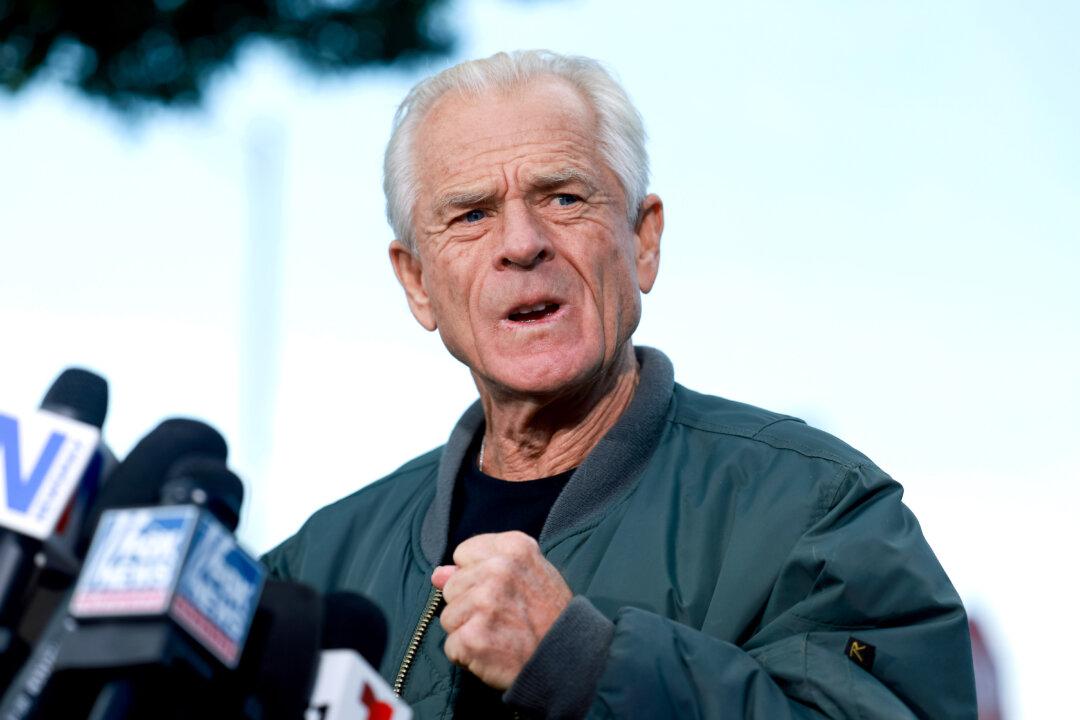Former Trump adviser Peter Navarro on April 2 filed another request with the U.S. Supreme Court in a bid to avoid prison time after spending about two weeks in prison on contempt of Congress charges.
His lawyers submitted a petition of reconsideration of an emergency request that he filed last month, which was denied at the time by Chief Justice John Roberts. Mr. Navarro faces a four-month prison term.





